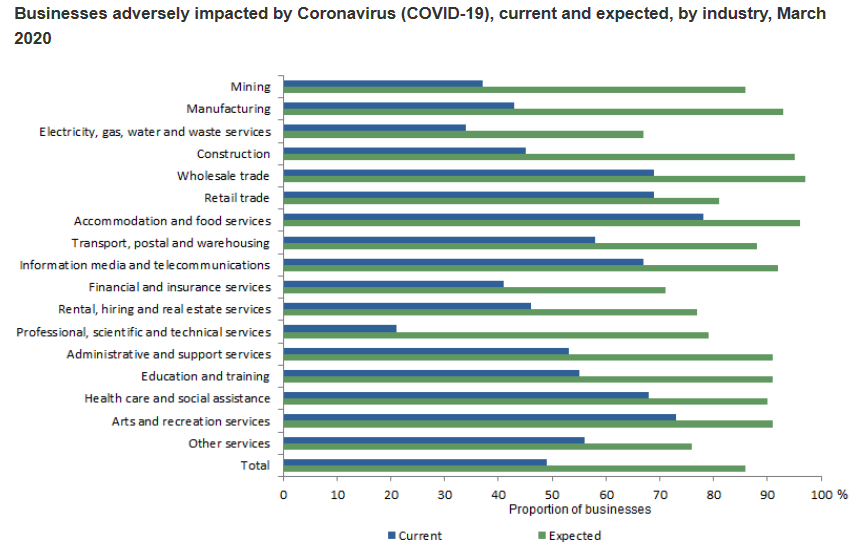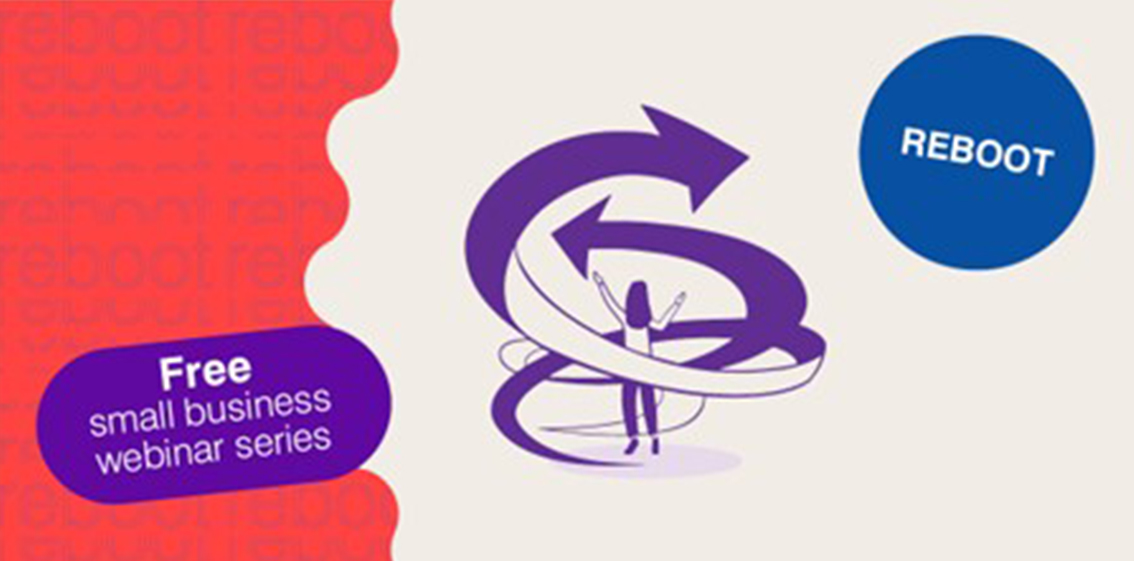
April 25, 2020
How The World Might Change

In the midst of these precarious times, market forecasts have begun. The Economist US surmises that in the long run, companies that survive will have to master a new environment as the crisis and the response to it accelerates three trends:
After lockdowns are released, the new intermediate phase will see companies begin to walk into a reluctant and shocked markets. Ingenuity will be the new advantage and with more than a quarter of the world’s top 2000 companies having more cash than debt, some companies will absorb their rivals as well or secure their supply and distribution to expand market share.
Source: The Economist US
Note: With more than 83 per cent of all business in the City of Sydney local area defined as small business and employing over 110,000 people, this critical and consolidating time will see Sydney and Australia undoubtedly innovate and adapt to these historic challenges we face together over these coming years.
The State of Businesses Now
Drawn from a sample of 3000 businesses throughout Australia, ABS conducted surveys to gauge the impact of Covid 19.
Topics covered include:
Results found than more than two in five businesses (38 per cent) have changed how they deliver their products or services, including shifting to online services.
More than a third of businesses have renegotiated their lease and rental arrangements and a quarter have deferred loan repayments.
Two thirds (66 per cent) of Australian businesses reported that their turnover or cash flow had reduced as a result of the virus, and nearly half (47 per cent) had made changes to their workforce arrangements.
Some businesses are temporarily reducing or increasing staff working hours, changing the location where staff worked (including working from home) or staff being placed on leave. Read more HERE

Source: ABS




